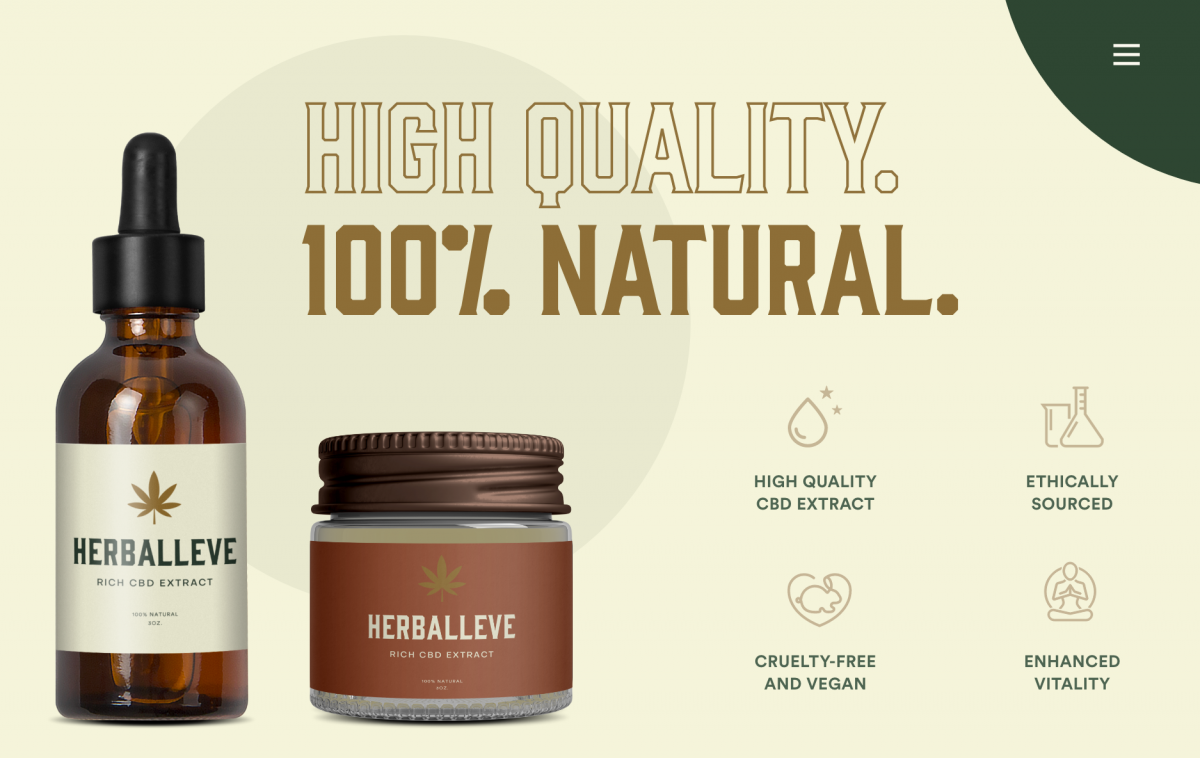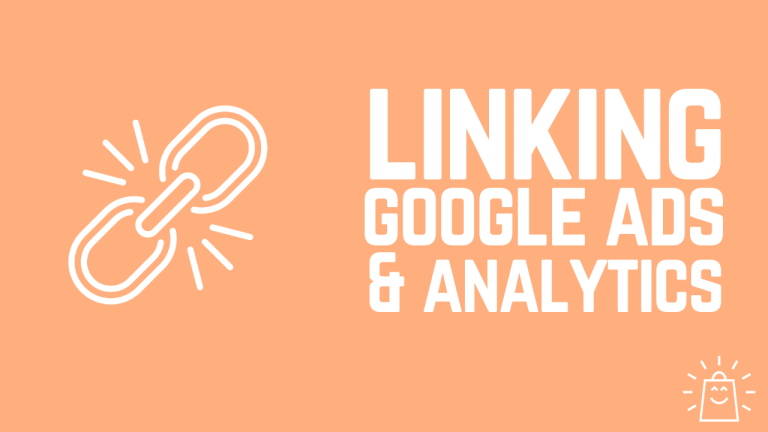
- Posted on
- • March 18, 2020
- Ecommerce Resources
- Marketing Tips

The CBD market is one of the fastest growing consumer industries, and more and more players are hopping on board.
To stand out from the competition, your business will need to establish a solid marketing strategy, whether you are a new CBD startup or an established company. With more than 60 percent of CBD sales taking place through ecommerce, a strong online presence combined with innovative marketing and proven strategies will be the key to success in this growing industry.
In this article, we discuss the current regulations around CBD marketing and how to effectively (and legally) promote your hemp products.
The Growing CBD Market
Increasing customer demand has turned the once underground world of CBD into a multi-billion dollar industry. By 2024, sales of hemp products are expected to exceed $20 billion in the US alone, with almost 40 percent of adults expressing interest in trying CBD products.
Many CBD consumers look to the product to improve wellness, address health conditions, and promote relaxation. The diverse product applications for CBD have made it a hot commodity across multiple industries, making marketing more crucial than ever.
However, the road to success isn’t without a hitch—government regulations and advertising platform policies pose a challenge to CBD marketers.
Hemp Advertising Laws
While it may be tempting to promote CBD as a medicinal product, the FDA requires businesses to avoid unsubstantiated medical claims, especially since reputable research on the effectiveness of CBD is still limited.
Further complicating matters are the promotional restrictions in place on many popular advertising platforms. Here is a rundown of the advertising policies as of time of writing.
CBD Google Ads
Promoting CBD on Google Ads can lead to the closure of your ads account. However this may change in the future, as Google is reportedly testing the waters with CBD advertising.
CBD Ads on Facebook
Facebook forbids advertising of any cannabis-derived products. However, as of June 26, 2019, Facebook lifted its ban on hemp-derived products and allowed the promotion of topical hemp products. A word of caution: stay abreast of these regulations, as they may change at any time.
CBD Ads on Twitter
Twitter does not permit promoting illegal drugs, recreational drugs, and herbal drugs. Though CBD is non-psychoactive, varying state regulations on its legality makes it a federally illegal substance.
What is Successful Hemp Marketing?
A successful CBD marketing strategy involves attracting customers to your products and keeping them interested in your brand. The core elements of your strategy should include:
Finding New Customers
The opportunity in the CBD market is huge. Sixty-eight percent of U.S. adults have never tried CBD products, giving businesses the opportunity to attract their attraction, educate them about CBD, and extend their brand’s reach.
Creating a Standout Brand
As more and more brands hop on the CBD bandwagon, brand differentiation will be the key to your success. A strong brand gives your business credibility and provides something of value to your customers.
Download our whitepaper for actionable tips on creating a profitable CBD business and seizing market share.
Retaining Customers
The lifetime spend of a customer is valuable to any ecommerce business. Repeat customers cost loss to acquire than new ones and they also spend more. Because CBD lends itself well to repeat business, successful customer retention means creating a brand that keeps customers coming back.
Strategies for Promoting CBD
To attract and retain customers, you need to be able to win them over. Effective marketing of CBD requires leveraging alternative channels and then appealing to customers with trust and quality.
1. Invest in Content Marketing
Compelling content can set you apart in the eyes of customers. Leverage comprehensive guides, videos, customer testimonials, and surveys to boost your reputation and create brand authority.
Blogs, in particular, are an effective medium to provide relevant information to your customers and establish a connection with them. Combined with a solid SEO strategy, your content can turn cold prospects into visitors and build trust, which is more important to customers than ever.
CBD brands can also consider producing or sponsoring a podcast. With 132 million predicted podcast listeners by 2022, podcast marketing offers a less saturated space for brands to invest in.
2. Partner with CBD Influencers
Give your brand more recognition by partnering with like-minded influencers. Finding the right influencer to promote your products can help increase brand awareness and drive more conversions from a loyal community of followers.
Athletes, fitness instructors, lifestyle gurus, and health experts are examples of influencers who help to promote the wellness and self-care qualities of your CBD products.
3. Offer CBD Discounts
Discounts can be an effective tool to foster relationships with customers. Run special promotions like customer referrals to achieve better engagement and increase the chances of customers returning to your website.
4. Leverage CBD Paid Ads (How to Do It Right)
We know—we just mentioned that CBD advertising is not permissible on ad platforms. However, you can still leverage the power of paid social platforms.
Rather than using pushing products and making claims, create ads that help to promote your content, provide product education, or hint at all the qualities that you offer. This helps to build brand awareness and create interest in your products without violating policies.
How to Succeed with Your CBD Marketing
While there are still some stringent policies around CBD advertising, there are many ways you can generate interest in your products. Content marketing, social media, and a network of influencers and affiliates not only helps to bring a relevant and interested audience to your business, but also provides you the opportunity to foster their loyalty for the long term and gives them a reason to choose you over the growing number of CBD brands.






